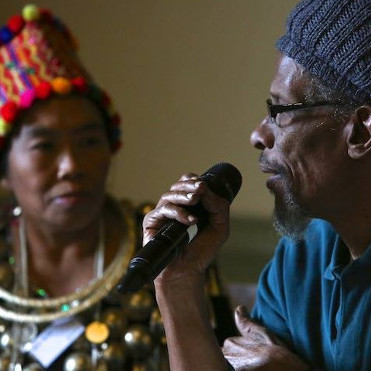Growers of prohibited plants speak out, Ocean grabbing and Donald Trump
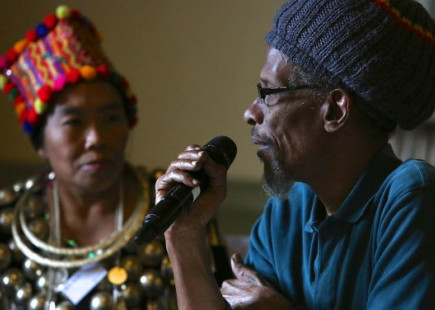
Floris Leeuwenberg
Small scale farmers of cannabis, coca and opium from 14 countries, long excluded from discussions on global drug policy, gathered in the Netherlands to demand their voices be taken into account in this year’s United Nations General Assembly Special Session (UNGASS) on Drugs.? Read the declaration »
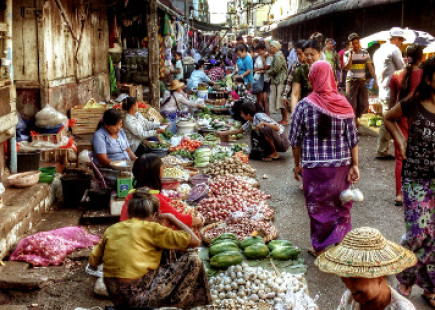
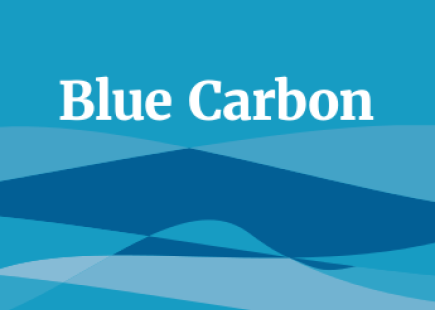
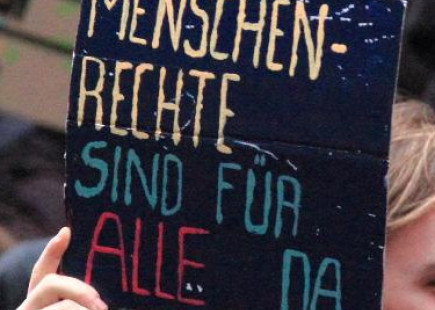
|
||
|
||
|
||
The Meaning of Land in Myanmar
“Land is like our vein; it is vital for our living. After our land was confiscated, we don’t know what to do for our livelihood,” says a farmer from Kachin State in Myanmar. Many rural inhabitants in Myanmar are at threat of losing their lands in a battle for resources spurred by ethnic conflict, exploitative land laws, and powerful economic actors. Read more »
The Year of Ganja? From Jamaica to the UN
TWill 2016 be the year for Ganja internationally, as we move towards the United Nations General Assembly Special Session (UNGASS) 2016? Read more »
How does Davos Man plan to tackle inequality
Will it mean consigning today’s neoliberal model, that has created the transfer of wealth upwards, to history’s trash-heap? Perhaps unsurprisingly, no, not at all. Read more »
The Secure and Dispossessed: security for whom?
Open Democracy interviewed Ben Hayes, who argues that the climate change agendas of governments and corporations have securitised and militarised environmental policies with severe costs for civil liberties and human rights. Read more »
Making Public in a Privatized World: The Struggle for Essential Services
Edited by David A. McDonald
How do we provide effective public services in a deeply neoliberal world? In the wake of the widespread failure of privatization efforts, societies in the global South are increasingly seeking progressive ways of recreating the public sector. Read more »
| En español |
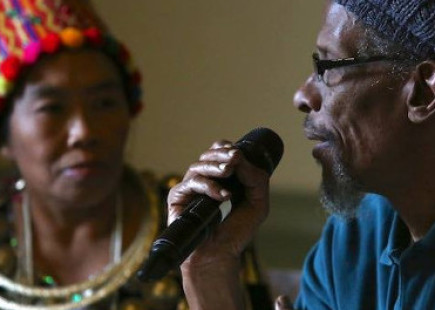
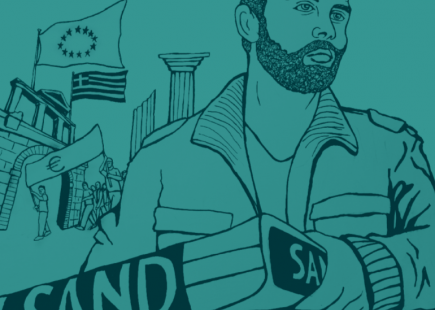

|
||
|
||
|
||
Cannabis medicinal a la colombiana
El Decreto que autoriza el cultivo de esta planta en Colombia para producir fármacos dista mucho de representar una reforma significativa en políticas de drogas. Leer más »
El progreso y sus insatisfacciones
Solo veo el progreso —tecnológico, político, social, moral— como meta de la acción humana y, dado que el progreso no tiene ni voluntad ni dirección propias y depende completamente de lo que hacen o dejan de hacer las personas, no tiene satisfacciones ni insatisfacciones. Como jueces de la dirección que están tomando los asuntos humanos y el mundo, yo, y casi todas las personas que conozco, estamos muy insatisfechas con los efectos acumulativos de los cambios que se han producido en las últimas décadas. Leer más »
La ciudad de código abierto como horizonte de la democracia radical transnacional
Las experiencias y experimentos realizados en España, Brasil, Estambul y otras ciudades apuntan a que un municipalismo transnacional, basado en los conceptos de la ciudad de código abierto (herramientas digitales gratuitas y la participación ciudadana activa) pueden potencialmente regenerar la democracia y construir una geopolítica de los comunes contra el neoliberalismo. Leer más »
